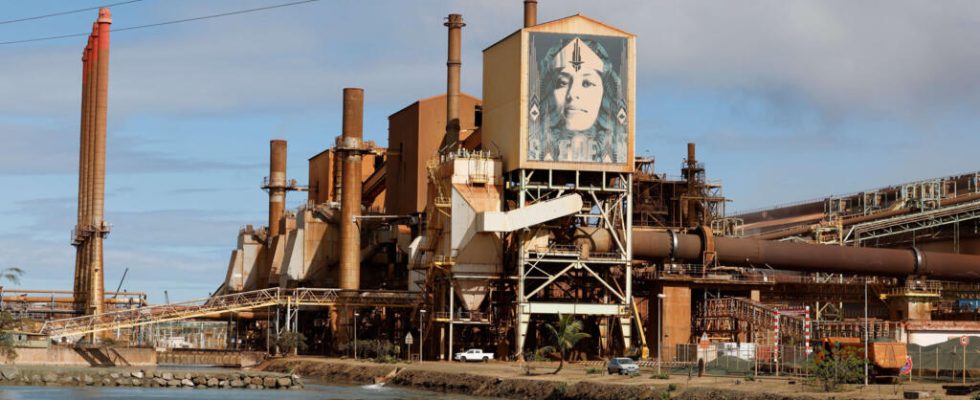New Caledonia’s main industrial workers’ union is calling for a general strike at the island’s three nickel refining plants on January 25. The three industrial sites are on the verge of bankruptcy, but the State and private shareholders are reluctant to invest while the nickel sector represents one in four private jobs in New Caledonia.
1 min
In theory, nickel is a metal of the future: it is an essential component for manufacturing electric batteries at a time when the entire automobile industry is preparing to put an end to thermal engines. Only in theory, because production has exploded in recent years, particularly in Indonesia, and now supply greatly exceeds demand.
Result: the price of nickel has lost 45% in 2023. However, the nickel produced in New Caledonia is anything but cheap, the fault of expensive and capricious electricity and operating permits that are difficult to obtain.
Read alsoThe French government at the bedside of Caledonian nickel
In this configuration, the private shareholders of the three Caledonian factories are reluctant to invest further, the Swiss mining group Glencore even threatens to withdraw altogether.
The State estimates the needs to revive the three industrial sites at 1.5 billion euros, but visiting the island last November, Bruno Le Maire, the Minister of the Economy, warned: “ The State will not write a check “.
The State, despite everything, will put money on the table, playing mediator. And Bercy has been negotiating for weeks with metallurgical companies so that they too agree to contribute in exchange for structural reforms.
Read alsoThe price of nickel at its lowest
